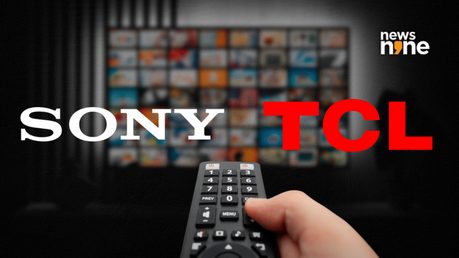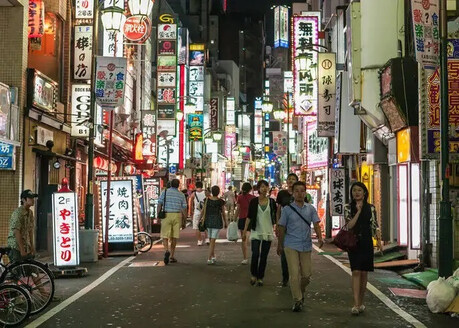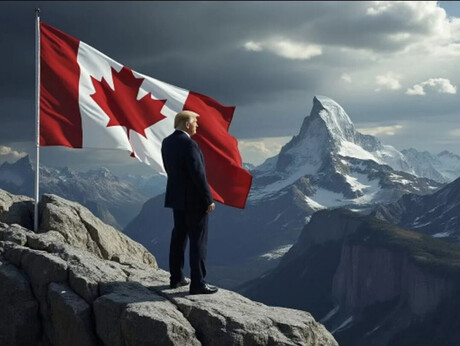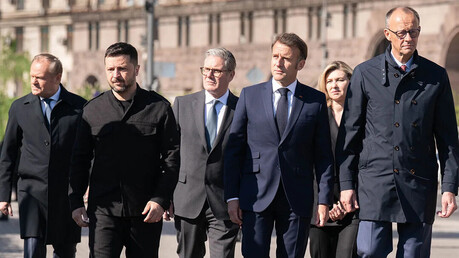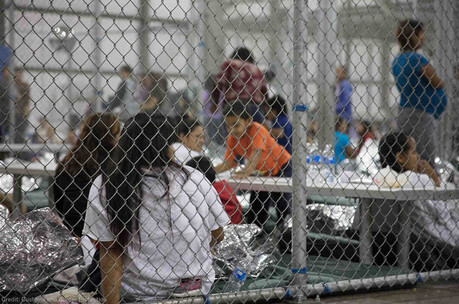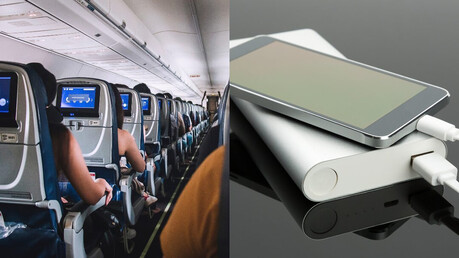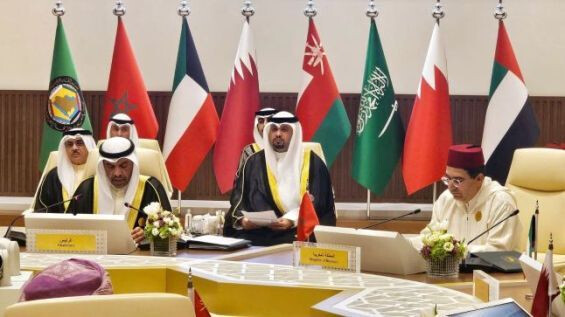
Morocco and the Gulf states are forging a new, strategic economic partnership that transcends traditional political solidarity. Anchored in mutual trust and shared interests, this alliance is poised to create a powerful bloc stretching from the Atlantic to the Arabian Gulf. With Gulf financial power and Morocco's strategic location, this collaboration is set to become a comprehensive project that enhances Arab economic influence on the global stage.
The Foundation of a Strategic Alliance
The relationship between Morocco and the Gulf states has evolved significantly over the past decade. It has moved from one of political solidarity to a robust economic partnership. This shift is built on key shared strengths: political trust, substantial financial resources, geographical advantages, and a shared vision for the future.
Gulf investments have been a cornerstone of Morocco's development. A prime example is the 2013 launch of a $5 billion development fund by the Gulf Cooperation Council (GCC), which financed critical infrastructure, housing, and energy projects. This initiative, with equal contributions from the UAE, Saudi Arabia, Kuwait, and Qatar, underscores the institutional nature of this partnership.
A symbol of this collaboration's success is the Noor Ouarzazate Solar Complex. Developed by Saudi Arabia's ACWA Power, this massive project is one of the world's largest solar ventures, providing electricity to millions of Moroccan households. It not only showcases Morocco's leadership in renewable energy but also highlights the Gulf's crucial role in financing sustainable projects abroad. This success has paved the way for new discussions on cooperation in future energy technologies, such as green hydrogen.
Key Sectors Driving Growth
This strategic partnership is thriving across multiple sectors, each contributing to a deeper economic integration.
Tourism
Tourism is a major area of cooperation. Morocco has become a favored destination for Gulf investors, particularly in key cities like Casablanca, Rabat, and Marrakech. Gulf capital has financed numerous hotels, resorts, and retail projects, while enhanced air connectivity through airlines like Emirates, Saudia, and Qatar Airways has made travel easier. In 2024, Morocco welcomed over 17.4 million tourists, generating more than MAD 104 billion in revenue. Morocco's blend of cultural appeal, political stability, and access to both European and African markets makes it an attractive hub for joint ventures in this sector.
Trade
Trade relations are growing, though they still show a clear imbalance. In 2024, Morocco-Saudi trade reached about $1.3 billion, with Saudi exports far outweighing Moroccan ones. However, this imbalance presents significant opportunities for growth. Morocco can increase its exports of agricultural products and phosphates, while Gulf capital can boost Moroccan industrial capacity. The next phase of cooperation could see the creation of joint industrial zones and agro-processing hubs, which would deepen integration and create a more balanced trade relationship.
Logistics and Geography
Morocco's geographical location is a significant asset. The Tanger Med Port, Africa's largest, handled over 9 million containers in 2024, connecting to 180 ports across 70 countries. For the Gulf states, this port is an unparalleled gateway to fast-growing African markets and provides privileged access to Europe through Morocco's existing trade agreements with the EU and the US. This unique dual positioning multiplies the impact of Gulf investments and solidifies Morocco's role as a bridge between the Arab world, Africa, and Europe.
The Path Forward: Institutionalizing and Deepening Cooperation
To sustain this momentum, the partnership needs to move beyond scattered investments and become a more structured and comprehensive project.
Concrete steps are necessary to institutionalize this cooperation. An annual Morocco-Gulf Economic Forum could serve as a platform for policymakers and investors to identify opportunities and tackle challenges. Additionally, a joint investment fund, supported by Gulf sovereign wealth funds and Moroccan institutions, could strategically channel capital into key areas like renewable energy, food security, and infrastructure. Strengthening logistical ties through direct shipping lines and expanded air routes would further reduce costs and boost trade.
Equally important is the inclusion of small and medium-sized enterprises (SMEs). Supporting entrepreneurs and startups in digital technology, fintech, and e-commerce would foster innovation, create jobs, and make the bilateral relationship more resilient to global shocks.
Moreover, cultural and educational exchanges are vital for building a human bridge alongside the economic one. Morocco could become a training hub for Gulf professionals in fields like renewable energy and French language, while Moroccans could benefit from career opportunities and training in the Gulf. Scholarship programs and university partnerships would strengthen the long-term foundations of this relationship by investing in people as well as in infrastructure.
With Morocco's economy forecast to grow by 3.9% in 2025 and GCC economies projected to expand by 4.7%, the economic indicators are encouraging. The surge in foreign direct investment into Morocco—up 59% in the first half of 2025—underscores its attractiveness. By combining Gulf financial strength with Morocco’s strategic advantages, this partnership can create a new, powerful economic bloc, ushering in an era of unprecedented cooperation built on shared opportunity and mutual benefit.
[Copyright (c) Global Economic Times. All Rights Reserved.]
















